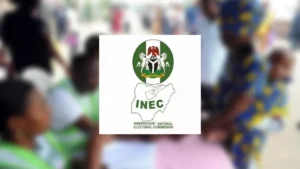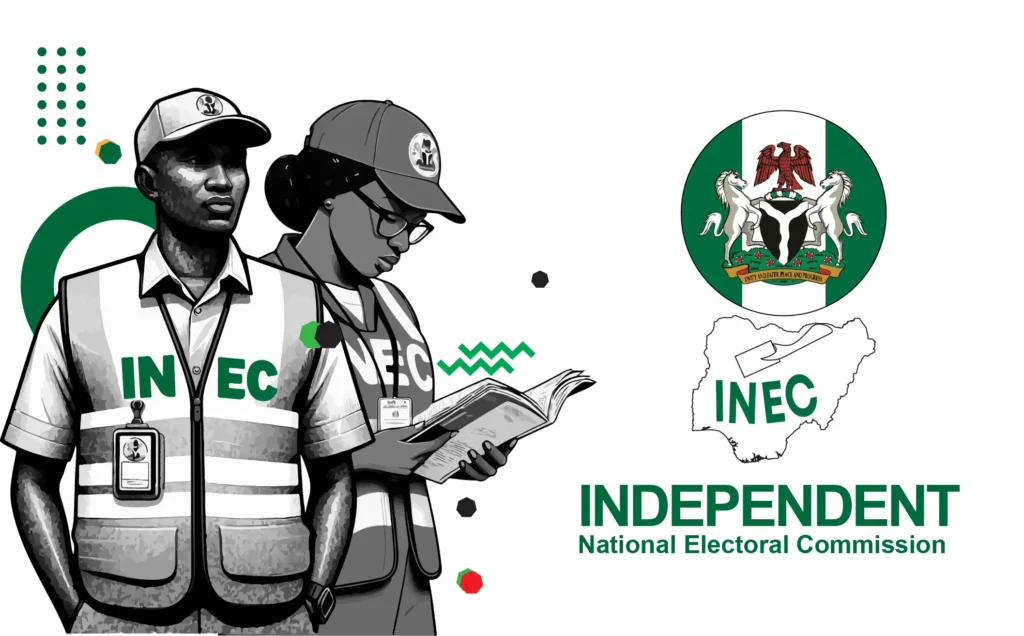The Independent National Electoral Commission (INEC) has successfully added more than 12 million Nigerians to its voter register, following the completion of the Continuous Voter Registration (CVR) exercise which concluded on July 31, 2022. This remarkable feat comes months ahead of Nigeria’s much-anticipated 2023 general elections and signals a heightened level of political engagement, especially among young citizens.
INEC revealed that a total of 12,298,944 new voters completed the registration process, a development widely interpreted as a resurgence of civic consciousness and electoral participation in Africa’s most populous nation.
Youths Lead the Charge in Voter Mobilization
One of the most striking features of this registration cycle was the overwhelming participation of young Nigerians. According to INEC’s final report, individuals between the ages of 18 and 34 represented the majority of the newly registered voters. This demographic surge is largely credited to the political awakening spurred by dissatisfaction with governance, security challenges, economic hardship, and unemployment, as well as the energetic campaigns of political outsiders like Peter Obi and movements such as the Obidient Movement.
INEC’s data shows that of the 12.2 million new voters, over 71% fall within the youth age bracket. Observers consider this an encouraging sign that Nigeria’s young population is shedding apathy and reclaiming its voice through the ballot box.
Online Registration Boosts Turnout
The voter registration drive benefited immensely from INEC’s introduction of a hybrid registration model, which combined online pre-enrollment with physical biometric capture. The digital portal, launched in June 2021, allowed eligible citizens to initiate the process online before completing their registration at designated centers nationwide.
This tech-driven approach simplified the often tedious process and widened access, especially for urban dwellers and tech-savvy youths. As of the deadline, over 10 million Nigerians had initiated their registration online, while 5.1 million of them completed the process physically. Overall, INEC reported that out of 15.7 million applications, around 12.3 million registrations were fully validated.
INEC Chairman Professor Mahmood Yakubu hailed the success of the hybrid model, stating that it has helped “modernize the voter registration system and reduce bottlenecks for eligible Nigerians.” However, he acknowledged that some challenges—such as limited capture machines, technical glitches, and overcrowded centers—impeded the experience in certain regions.

Geopolitical Breakdown of Registrations
A closer look at the regional spread of registrations reveals significant interest across all six geopolitical zones, though the North-West led with the highest number of new registrants, followed by the South-South and South-East.
Breakdown of new registrations by zone:
-
North-West: 2.5 million
-
South-South: 2.4 million
-
South-East: 2.1 million
-
South-West: 2.0 million
-
North-Central: 1.9 million
-
North-East: 1.3 million
These figures highlight both national enthusiasm and regional variations in turnout, possibly influenced by population distribution, local political movements, and ease of access to registration centers.
Female Voters Outpace Males in Final Tally
In terms of gender distribution, women made up a slightly higher percentage of new registrants. INEC’s report states that 6.2 million females were newly registered compared to 6.0 million males, showing a modest but meaningful edge in female participation.
Gender advocates have applauded this outcome as evidence of growing gender inclusivity in Nigeria’s electoral process. Several NGOs had campaigned vigorously during the CVR period to ensure that women—particularly those in rural and marginalized communities—were empowered to vote in 2023.
Challenges Faced During the Exercise
Despite its overall success, the registration process was not without its hurdles. INEC faced logistical challenges including:
-
Equipment shortages in rural areas
-
Poor internet connectivity in remote communities
-
Long queues at overcrowded registration centers
-
Reports of extortion and partisan interference in some locations
-
Cases of multiple and invalid registrations
INEC responded by deploying mobile registration teams to underserved areas and extending the deadline from June 30 to July 31, 2022. The Commission also flagged 2.7 million registrations for being invalid due to duplication, underage entries, or incomplete biometric data.
Professor Yakubu stressed that the integrity of the voter roll remains a top priority. “We have conducted rigorous data-cleaning to ensure only eligible and legitimate registrants make it to the final register,” he assured the public.
Voter Cards to Be Distributed Before Election
Following the close of registration, INEC moved to the next phase: printing and distribution of Permanent Voter Cards (PVCs). The Commission announced that collection of new PVCs would begin later in the year, ahead of the February 25, 2023 presidential election and March 11, 2023 governorship polls.
INEC has urged all registered voters to pick up their PVCs and avoid last-minute rushes, noting that without the cards, they will not be allowed to vote.
Civic Groups and Media Praise INEC’s Efforts
INEC’s registration success has drawn commendation from civil society organizations, election observers, and the media. Many praised the Commission for adopting digital innovations and for responding promptly to public pressure to extend the registration window.
Organizations like Yiaga Africa, Situation Room, and CISLAC described the CVR outcome as a victory for Nigeria’s democracy and encouraged INEC to maintain transparency throughout the remaining electoral phases.
“This is one of the highest registration numbers we’ve seen since 1999. It reflects a real hunger for change and representation,” noted Samson Itodo, Executive Director of Yiaga Africa.
Conclusion: A Nation Poised for Electoral Reawakening
With over 12 million new voters added to the electoral roll, Nigeria now has a total of approximately 96.2 million registered voters heading into the 2023 general elections. This surge, largely driven by young and first-time voters, could profoundly reshape Nigeria’s political map and determine the outcome of what many describe as the most consequential election in the country’s democratic history.
Whether these millions of new registrants will turn out to vote en masse remains to be seen. Nonetheless, their presence on the register alone sends a powerful message: Nigerians—especially the youth—are ready to participate, demand accountability, and define the future of their nation through the ballot box.







